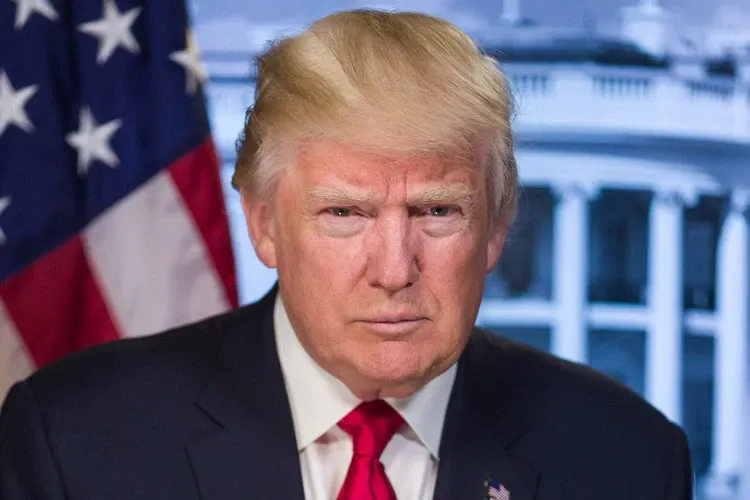Google Plans New €600 Million Dutch Data Center
Google plans to spend €600 million on a new data center in the Netherlands.

The impact of the Trump administration’s threats to choke Huawei reverberated across the global supply chain on Monday, hitting some of the biggest component-makers, according to Bloomberg.
Chipmakers including Intel, Qualcomm, Xilinx and Broadcom have told their employees they will not supply Huawei until further notice, according to people familiar with their actions. Google cut off the supply of hardware and some software services to the Chinese mobile phone equipment giant, another person familiar said, asking not to be identified discussing private matters.
Blocking the sale to Huawei of critical components could also disrupt the businesses of American chip giants like Micron and retard the rollout of critical 5G wireless networks worldwide, including in China. That in turn could hurt U.S. companies that are increasingly reliant on the world’s second largest economy for growth.
Chipmakers and other companies are under pressure in part because they will lose revenue when they cut off Huawei as a customer. But the tech industry is also poised to suffer in a more fundamental way. Huawei depends on many U.S. companies for components woven into the 5G equipment it makes.
If fully implemented, the Trump administration action could have ripple effects across the global semiconductor industry. Intel is the main supplier of server chips to the Chinese company, Qualcomm provides it with processors and modems for many of its smartphones, Xilinx sells programmable chips used in networking and Broadcom is a supplier of switching chips, another key component in some types of networking machinery. Representatives for the chipmakers declined to comment.
In Europe, the impact of the ban was also being felt, though companies there are only restricted from supplying research or products made in the U.S. An Infineon spokesman said that the majority of products it delivers to Huawei are not subject to U.S. restrictions, adding that the chipmaker can "make adaptions in our international supply chain." AMS also said that it had not suspended shipments to Huawei.
Huawei is said to have stockpiled enough chips and other vital components to keep its business running for at least three months. It’s been preparing for such an eventuality since at least the middle of 2018, hoarding components while designing its own chips, people familiar with the matter said. But executives believe their company has become a bargaining chip in ongoing U.S.-Chinese trade negotiations, and that they will be able to resume buying from American suppliers if a trade deal is reached, they said.